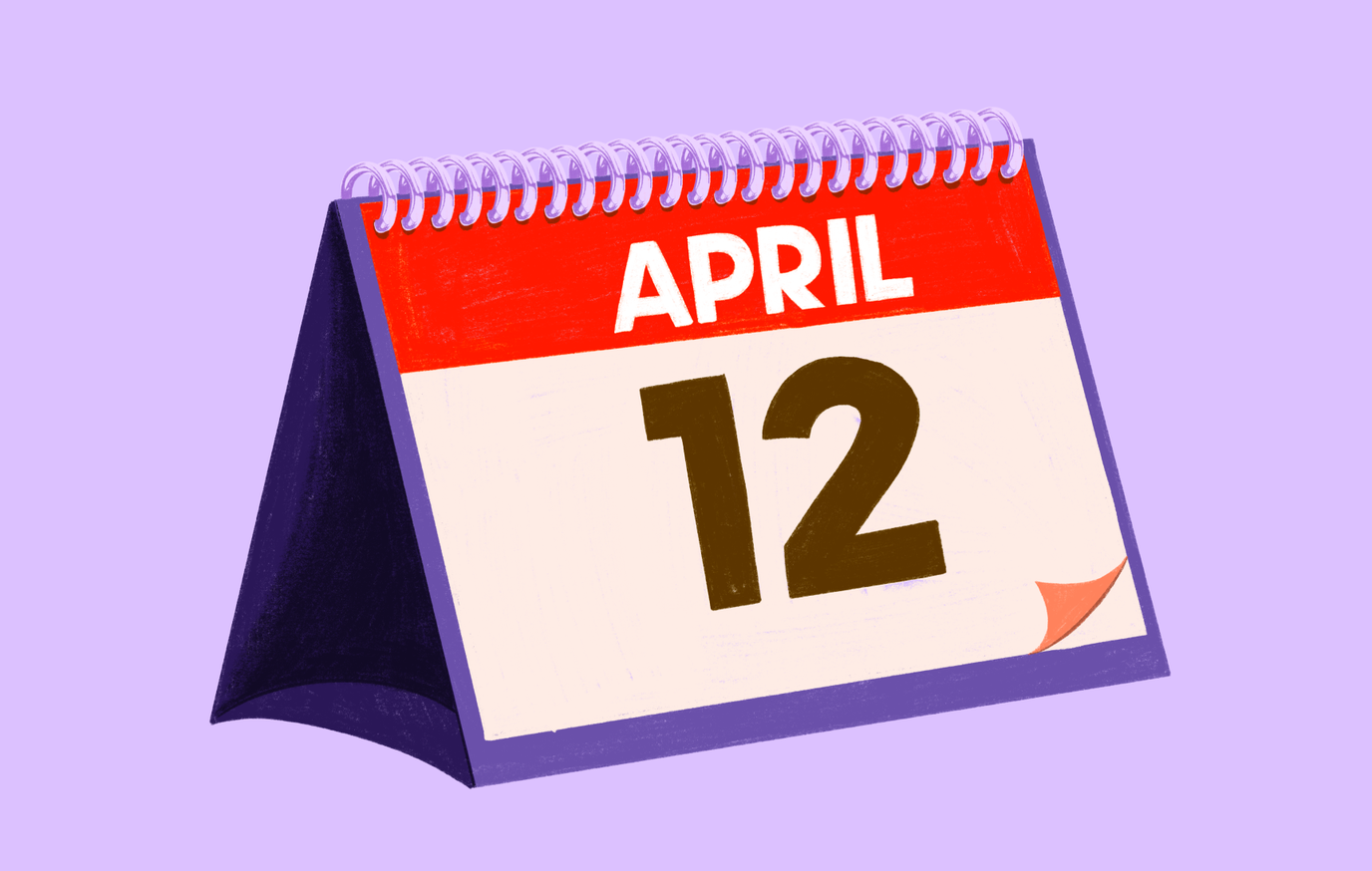Your credit card has two different balances, but which one should you pay? Even if you've had credit cards for years, billing cycles and different types of balances can be confusing.
Statement balances show up on your monthly statements and determine your minimum payments.
Current balances, on the other hand, are what you see when checking your card at any given moment.
What is a statement balance?
Your statement balance is a snapshot of what you owe at the end of each billing cycle. When your billing period ends, the credit card company:
Adds up all transactions from that period (purchases, credits, fees, interest)
Creates your monthly statement
Sends you the bill
For example, let's say you start a billing cycle with a $500 balance. You make a $500 payment halfway through, but then make purchases totaling $400.
Your new statement balance would be $400 (500 - 500 + 400 = 400).
What is a current balance?
Your current balance is what you owe right now. It changes throughout the month as you make purchases and payments. When you log into your account online or check your app, this is the balance you see.
Something to note: pending transactions might not show up in your current balance yet, but they still count against your available credit.
Which balance should I pay?
You have several options when making a payment:
Minimum payment: This is the least you need to pay by the due date to avoid late fees. It's usually based on your statement balance and the card's terms, typically due 21-25 days after you get your statement.
Statement balance: Pay this amount (or more) by the due date to avoid interest charges on new purchases. This keeps you in your card's "grace period" where purchases don't immediately start accruing interest.
Current balance: Paying this brings your card to $0 and frees up all your available credit. This can be helpful if you're planning a big purchase.
Even if you can't pay everything off, paying more than the minimum helps you save on interest and pay off your card faster. Some newer credit scoring models even consider whether you regularly pay more than the minimum.
» Learn when the best time to pay your credit bill.
How do these balances affect your credit?
The balance that matters for your credit score is the one reported to credit bureaus, which is usually similar to your statement balance.
Credit card companies typically report to bureaus once a month, often after your billing cycle ends. That balance stays on your credit report until the next update.
This reported balance affects your credit utilization ratio, how much of your available credit you're using. Lower utilization is better for your credit score.
Since your balance usually gets reported before your payment due date, you might have high utilization even if you always pay in full. To keep utilization low, you can:
Use your card less
Ask for a higher credit limit
Make payments before your billing cycle ends
When do you get charged interest?
You get charged interest when you "revolve" part of your balance, meaning you pay less than the full statement balance.
Whatever amount you don't pay starts accruing interest right away.
New purchases also immediately start accruing interest until you pay your statement balance in full again.
Balance transfers and cash advances typically start accruing interest immediately, even if you've paid your statement balance.
Keep track of your balances
To monitor how your reported balances affect your credit, consider checking your credit score with KOHO. These allow you to see your credit report, check each card's reported balance and utilization ratio, and track changes over time.
Understanding the difference between statement and current balances helps you make smarter decisions about your payments and keep your credit in good shape.

About the author
Quan works as a Junior SEO Specialist, helping websites grow through organic search. He loves the world of finance and investing. When he’s not working, he stays active at the gym, trains Muay Thai, plays soccer, and goes swimming.
Read more about this author